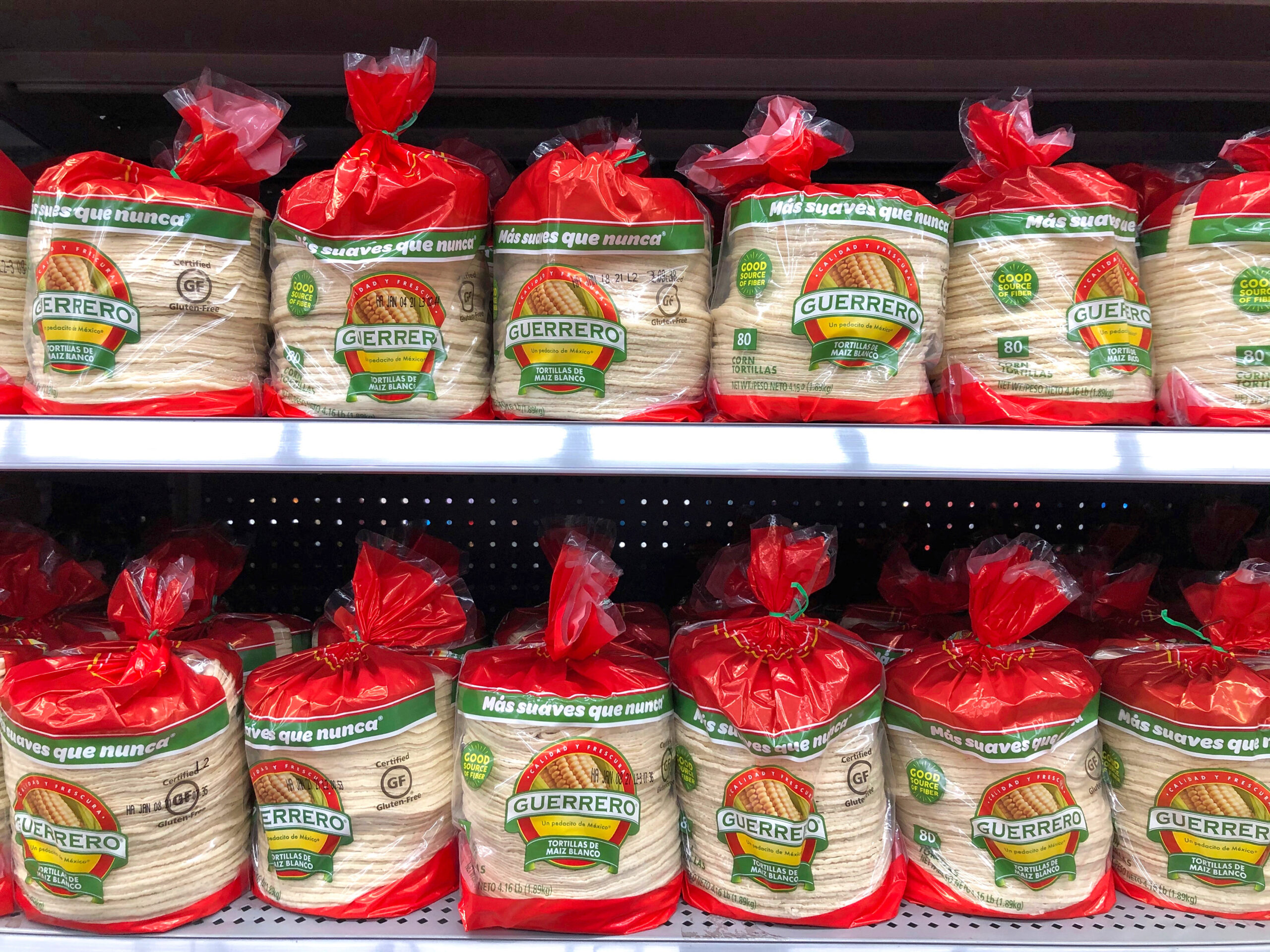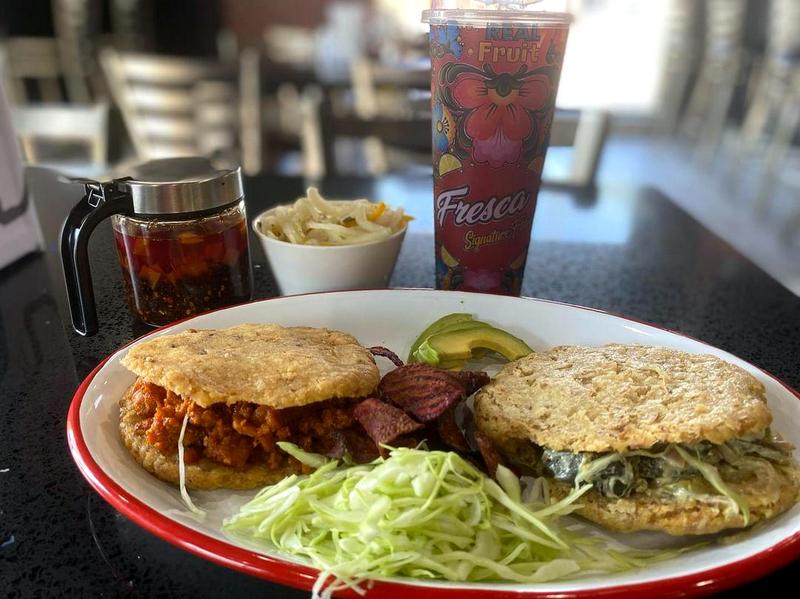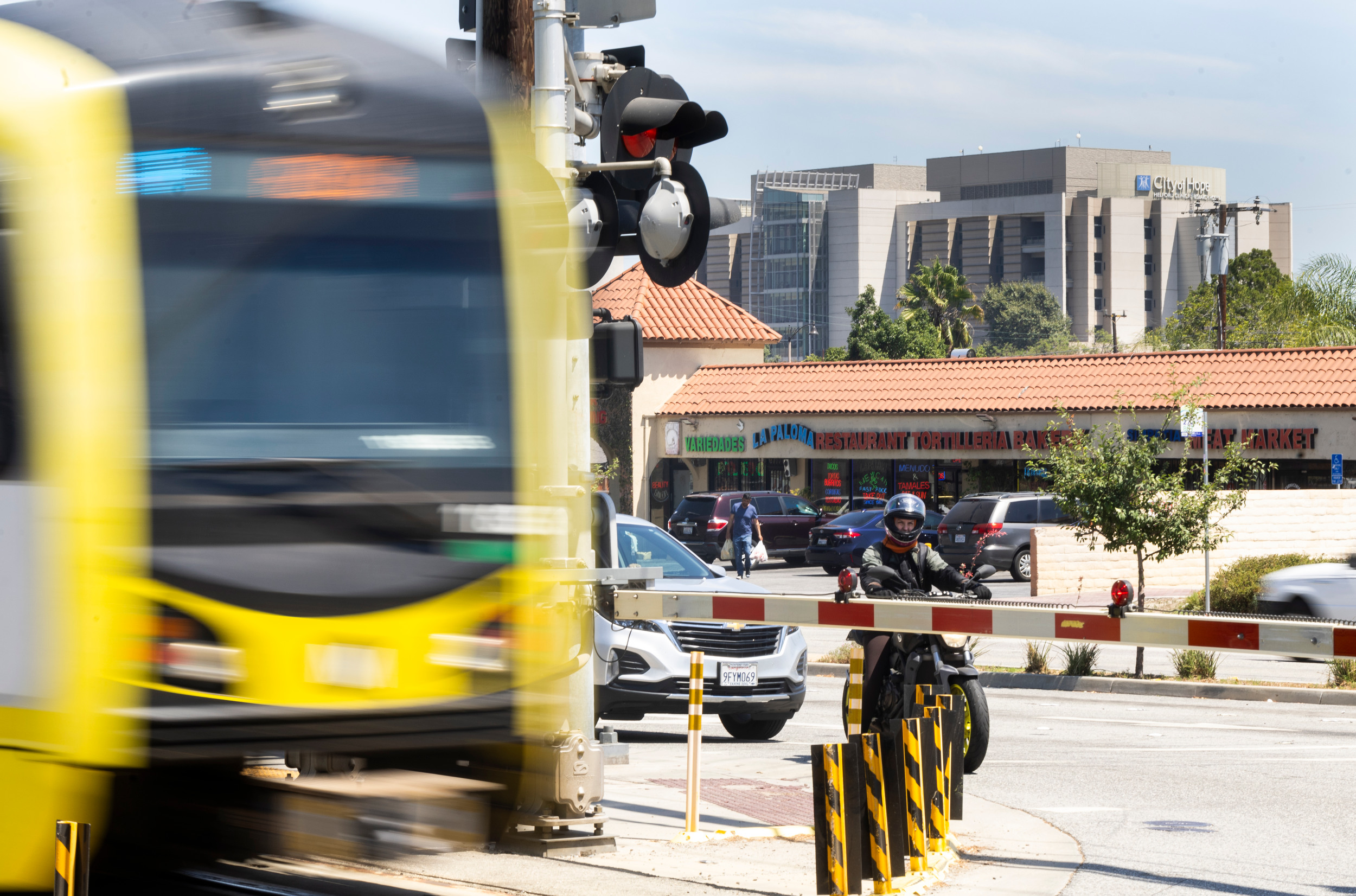It looks like it may be time to break out the metate.
A new report from Yale’s Chief Executive Leadership Institute details the 450+ companies that have shuttered their business operations in Russia in rejection of President Vladimir Putin’s monstrous, murderous invasion of a sovereign Ukraine. As well as those who have not.
The report, which came in as a tip from L.A. TACO supporter Paola Briseño González after hearing it on the Expansión Daily podcast, shows a colossus of Mexican food conglomerates still maintaining operations in Russia.
Gruma, the Nuevo Leon, Mexico-based company behind such roof shingle-like tortillas as Mission and Guerrero brands, as well as the unfortunately ubiquitous instant tortilla flour Maseca, is steadfastly sticking to its plans in the Russian Federation. Gruma is maintaining two production plants in the wheat-heavy, kleptocratic Eastern European empire, resisting calls to shut down there or move its operations elsewhere.
The report divides a long list of companies into five categories on the corporate sociopolitical battlefield. At the top of the list, and surely Santa’s too, are companies defined as making a “Clean Break,” for suspending operations in Russia, exiting the country completely, or refusing to lend to Russia. These include such big and disparate names as eBay, Brown-Forman, American Airlines, Bumble, Crocs, BlackRock, and hundreds of other well-known brands.
In the middle category, there are companies that are simply “Scaling Back,” including Bacardi, which is said to be maintaining its domestic business in Russia but stopping exports from abroad, and Pepsi, which has suspended all but “essential” operations there, whatever that may mean.
The final category, appropriately typed in demonic red with the denominator “Digging In-Defying Demands for Exit or Reduction of Activities,” is where you’ll find the corporate bad boys of international wrestling such as Lenovo (the Beijing-founded company with a suspiciously Russian-sounding name), household cleaning product giant SC Johnson, France's home improvement giant Leroy Merlin, and Koch Industries, as well as Astra Zeneca, and the aforementioned Gruma, among others.
These names join a bevy of corporate institutions and countries still selling to and buying products from Russia, allowing the country to take in money that could be used in turn to continue to fund its violent invasion of Ukraine. These include Papa John’s, Subway, and Dunkin’, as well as entire nations such as India, China, Brazil, and even Russian-crude dependent European Union countries such as Poland, Germany, Italy, and Greece, which are collectively handing Putin's regime about a billion dollars a day. Although the latter do appear to be working on that.
Gruma’s current Russian operations include two plants inside of the country. In 2011, Gruma acquired the Russian cornmeal company Solntse Mexico and its accompanying plant. In 2014, Gruma built its own $50 million plant 45 miles south of Moscow for producing wheat and corn tortillas, wheat tortilla wraps, and tortilla chips. In Russia, the company sells tortillas under the Delicados brand, as well as corn grits and additional corn and wheat products.
Conversely, the company did suspend operations at an Odessa plant in February after Russia’s criminal invasion pushed Ukraine’s military to halt operations at the city’s port.
As Russia has become the biggest exporter of wheat in the world (with Ukraine at #5), there has been frequent speculation that dominating Azov and Black Sea ports and shipping routes is one of the aims of Putin's invasion, in order to more freely move its exports around the world and create a competitive advantage. Much as Russia and China are looking to dominate the Northern Sea Route in the Arctic.
In fact, Russia's invasion quickly put an end to Ukrainian wheat export by sea, while Russian exports on the Black Sea greatly increased in the first month of the invasion. Dominating the Black Sea has been a frequent aim of Russia in numerous wars and conquests stretching back centuries.
Opening facilities in Russia is par for the course for Gruma, a megalodon of international Mexican foods that has 101 global production plants for producing tortilla flour, tortillas, corn grits, and flatbread products across the globe. Selling these products in 113 countries, it is the world’s biggest tortilla maker, available in our backyards from Amazon to Walmart to a zillion grocery stores and small markets in between.
Neither is controversy something new for the company, which draws frequent criticism for putting Mexican corn and wheat farmers, as well as small mom-and-pop tortillerías, out of business, both in Mexico and beyond. Not to mention that studies have found GMO corn and toxic herbicides to be present in their Maseca tortilla flour. Perhaps why Gruma falls all over itself in a section on its homepage touting its “pillars” and “visions” of social responsibility.
In any case, with Yale’s report placing additional pressure on companies to peace out and holler “paka” to the Kremlin, the masa ball is now in Gruma’s court whether to stay put or bail.





